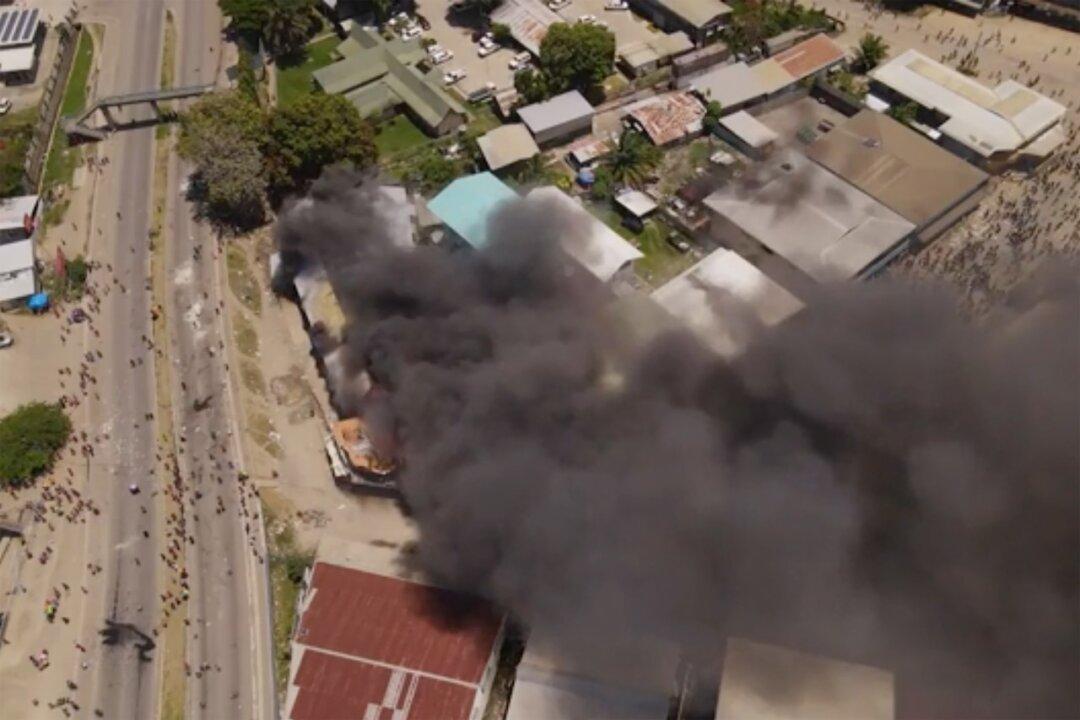News Analysis
The rivalry between the United States and China, particularly over Taiwan, is playing out in the Pacific Islands, where countries are forced to choose their alliances.

The rivalry between the United States and China, particularly over Taiwan, is playing out in the Pacific Islands, where countries are forced to choose their alliances.